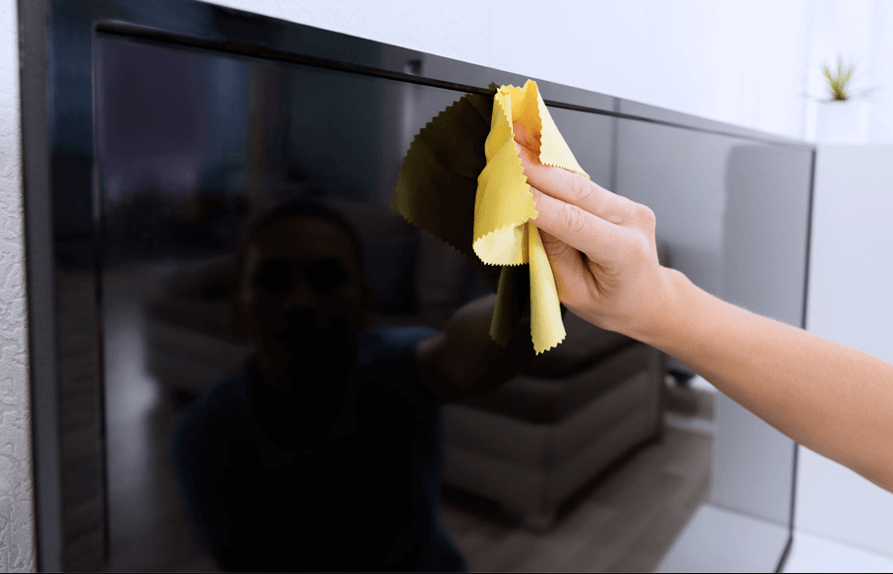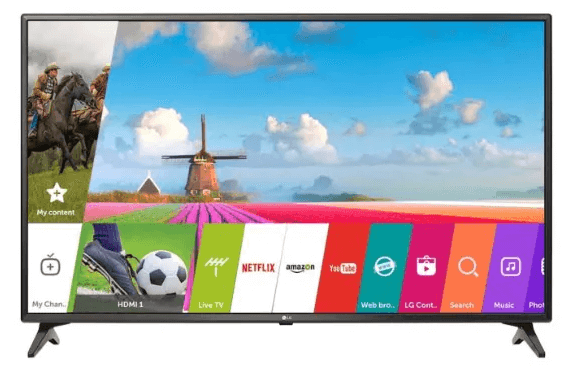If you’re considering buying a new LG TV, you may be curious about how long it will last. Generally, LG TVs are designed to last approximately 6 to 8 years, depending on the display technology and how the device is utilized. For instance, LG’s LED models typically have a longer lifespan than their OLED counterparts due to the nature of the technology. This article explores the expected lifespan of LG TVs and offers practical tips to help extend their longevity.
Keys to Extend the Longevity of LG TVs
By following some straightforward maintenance practices, you can help extend the life of your LG TV while ensuring it operates at peak performance:

- Always power down your TV when it’s not in use. This reduces wear on the components and saves energy.
- Adjusting the brightness to a moderate level can enhance your viewing comfort and prolong the lifespan of the TV.
- Avoid using maximum brightness for extended periods.
- Position your TV away from direct sunlight to prevent overheating and potential damage to the display.
- Protect your TV from electrical surges by connecting it to a surge protector (available on Amazon), which can help prevent damage from voltage spikes.
- Place your LG TV in a well-ventilated area to avoid overheating.
- Good airflow helps maintain the performance and longevity of your TV.
- Cleaning the LG TV screen and body regularly using appropriate cleaning products to remove dust and maintain optimal visibility.
Are LG TVs Reliable?
Yes. LG TVs are well-regarded for their impressive quality and advanced features. Known for their stunning picture clarity, vibrant colors, and user-friendly smart interface. The OLED models, in particular, offer exceptional contrast and color accuracy, making them ideal for movie lovers and gamers alike.

With a reputation for durability and performance, LG TVs are a reliable investment for a wide range of viewing needs.
Signs to Replace Your LG TV
Several signs may indicate it’s time to replace your LG TV, and here is the breakdown;
- Degraded Picture Quality: If you notice persistent issues with brightness, color, or image distortion that can’t be resolved through adjustments, it is time for a new TV.
- Audio Problems: Distorted or crackling sounds indicate a failing speaker or components. If the issue persists, replacing the TV might be more cost-effective than repairing the internal audio system.
- Increased Power Usage: Older TVs often consume more energy, which can be reflected in your electricity bills. If you notice a significant increase, consider upgrading your TV to a more energy-efficient model.
- Frequent Technical Issues: If your TV experiences random shutdowns, flickering, or other persistent issues, try to troubleshoot by yourself or contact LG TV Customer Support. If the problem lasts, it might be due to a technical fault with your TV, and it’s time for a replacement.
Note: Before replacing the TV, check your LG TV warranty, and if you are eligible, contact Customer Service to claim the reward.
For further queries, join my discussion forum, which is a great resource to enhance your streaming experience with LG TVs.
FAQ
Adjusting picture settings, updating firmware, and using calibrated picture modes on your LG TV can significantly enhance your viewing experience.
Yes. Most LG TVs are designed with Game Mode, offering low input lag and high refresh rates for optimal gaming experience.